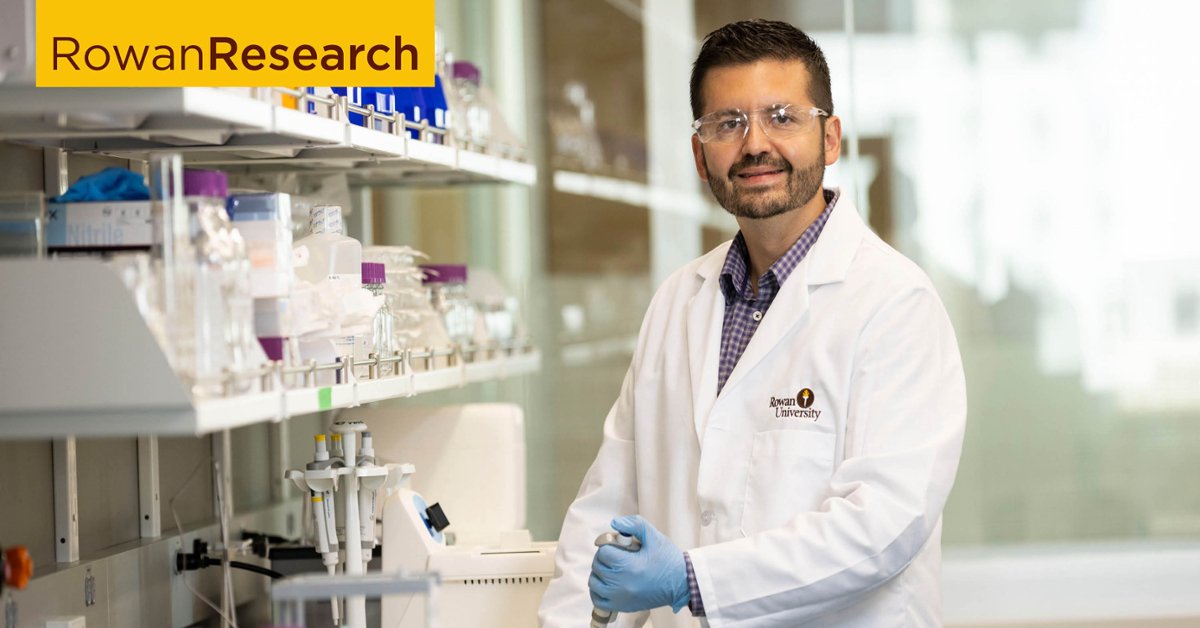A better way to grow stem cells
A better way to grow stem cells

Sebastian Vega, Ph.D.
Biomedical engineer
Areas of expertise:Stem cells, biomaterials, regenerative medicine
More informationIn humans, mesenchymal stem cells (MSCs) divide into more stem cells, adapt to new environments and differentiate into specialized cells that produce tissues like bone, ligament, cartilage and fat.
For decades, scientists have worked to develop new therapies and treatments to replace diseased, degraded or missing tissue using a patient’s own cells. However, the unique properties of MSCs decline over time when in the lab. The inability to produce large quantities of MSCs with their identity intact is a critical barrier that limits the use of these cells for reproducible research and stem cell therapies.
Sebastián L. Vega, Ph.D., an assistant professor of biomedical engineering at Rowan University, is investigating why stem cells lose their identity outside the body, as well as new ways to grow such cells in the lab.
“MSCs are typically grown in plastic petri dishes, which are stiffer than any tissue in the human body,” Vega said. “MSCs ‘remember’ their culture history and prolonged exposure to unnatural materials like plastic negatively impacts their ability to divide, adapt and differentiate.”
Instead of relying on traditional petri dishes for culturing cells, Vega is designing a replacement—softer, bioactive materials meant to preserve the cells’ identities even after countless cell divisions in the lab. The goal is to create materials that can be used to culture large populations of high-quality stem cells for research and clinical use.
“Despite being discovered over half a century ago and having become one of the most-studied cell types in regenerative medicine, FDA-approved MSC therapies do not exist,” Vega said. “Our proposed research will help overcome cell manufacturing challenges seen in many MSC clinical trials and I am hopeful that our studies will enable the clinical use of MSCs in tissue engineering and to treat degenerative diseases.”
Rowan University researchers are passionate about what they do. Find more at Meet Our Researchers.